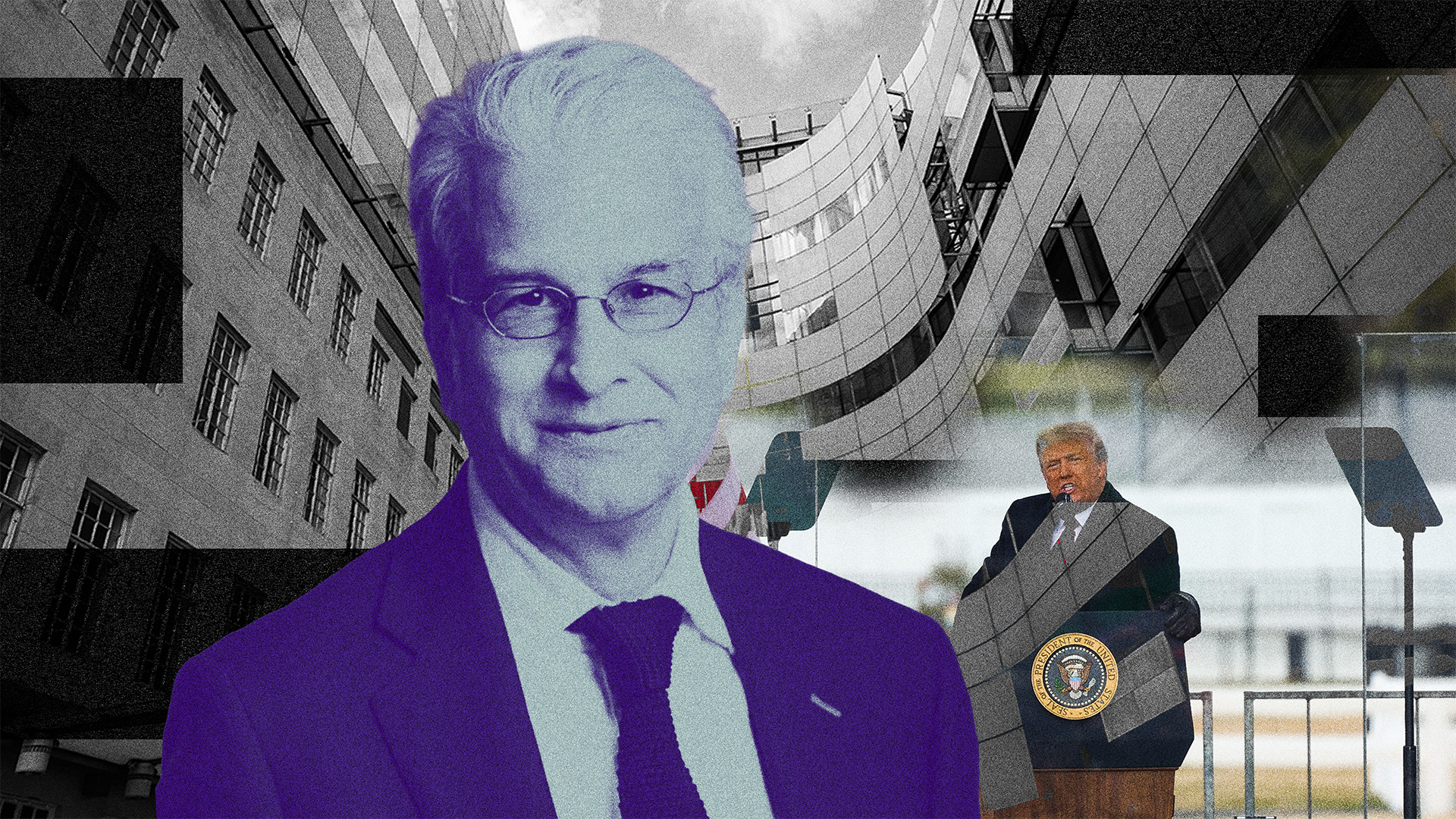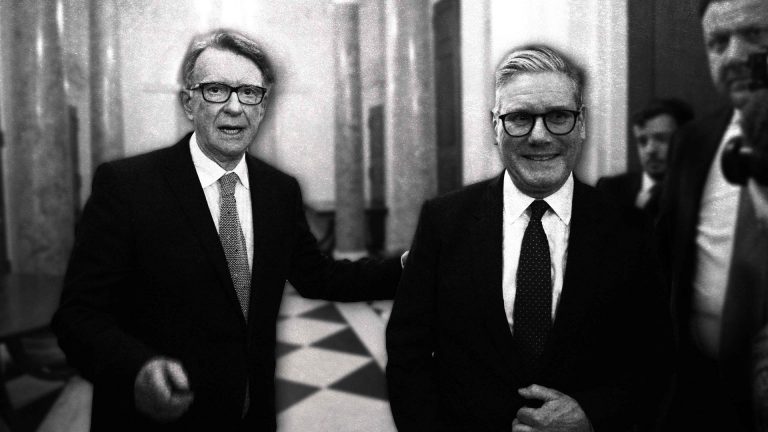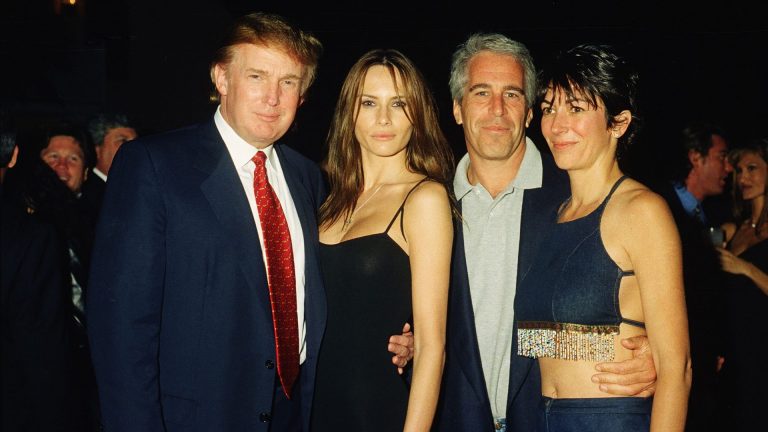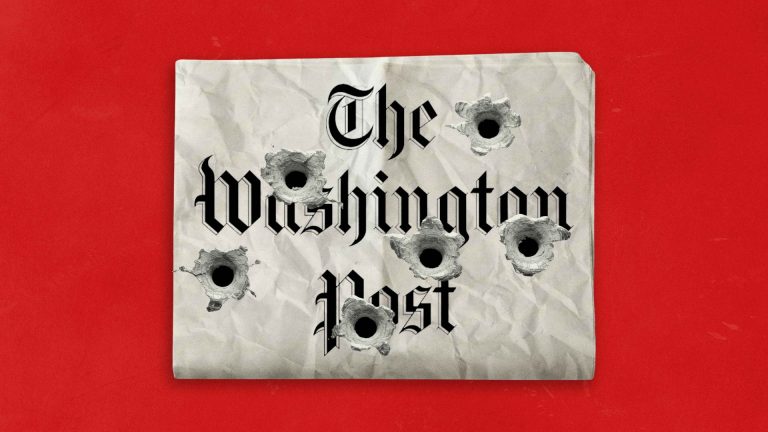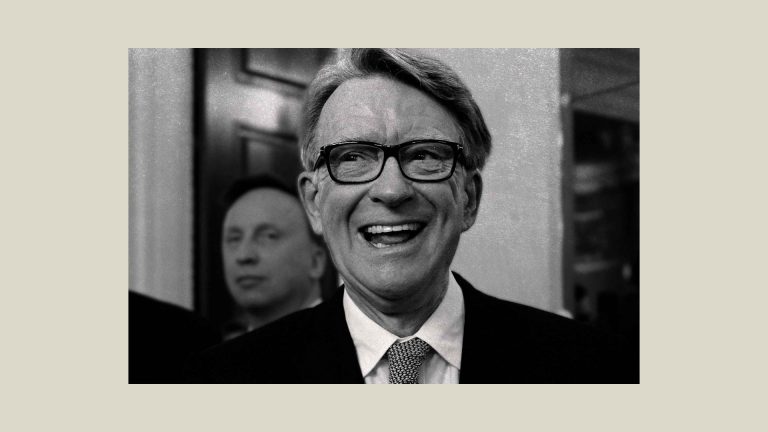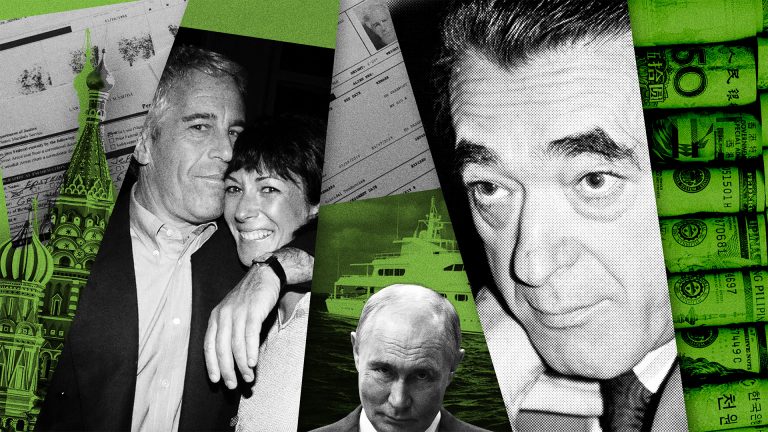The man who sparked chaos at the BBC by criticising Panorama’s ‘misleading’ edit of a Donald Trump speech also doctored Trump’s quotes himself in his controversial report, making them seem far more benign than they actually were.
A dossier by former Sunday Times political editor Michael Prescott, now an independent advisor to the BBC on standards, caused the resignations of director general Tim Davie and CEO of news Deborah Turness after it started a transatlantic row – and led to Trump’s threat to sue the corporation for $1 billion.
Prescott’s dossier accused Panorama of “splicing” together quotes in such a way that viewers were “materially misled”. He wrote that by editing portions of his speech together, the show made it seem like Trump had incited the Capitol riots at his infamous speech on January 6, 2021 – something that multiple investigations have found Trump did, in fact, do.
Yet the way Prescott himself used Trump’s quotes in a report that was leaked to the right wing media and doled out in such a way as to maximise damage against the corporation was misleading too.
In the document, Prescott writes:
“Fifteen minutes into the speech, what Trump actually said: ‘We are gonna walk down to the Capitol and I’ll be with you. I know that everyone here will soon be marching over to the Capitol building to peacefully and patriotically make your voices heard.’ It was completely misleading to edit the clip in the way Panorama aired it.”
But this is not what Donald Trump actually said in his speech. Prescott has heavily edited the remarks, changing their meaning.
And just as Prescott claims there are rules for television, on making it clear when you have edited or abridged a quote, these exist in print, too. If you are abridging a quote, you signify it with an ellipsis. Prescott has not done this.
The full version of the quote that Prescott cites reads very differently. Here it is below, with the sections Prescott uses in bold.
“We’re gonna walk down to the Capitol, and we’re going to cheer on our brave senators and congressmen and women, and we’re probably not going to be cheering so much for some of them.
“Because you’ll never take back our country with weakness. You have to show strength, and you have to be strong. We have come to demand that Congress do the right thing and only count the electors who have been lawfully slated, lawfully slated.
“I know that everyone here will soon be marching over to the Capitol building to peacefully and patriotically make your voices heard.”
Suggested Reading
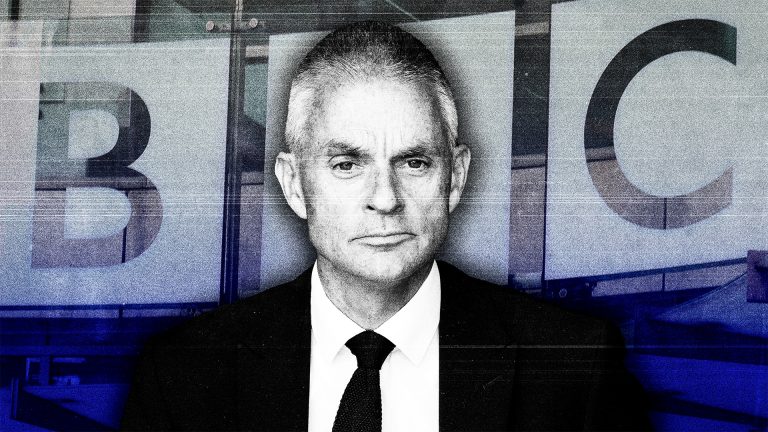

The malign right can’t be allowed to destroy the BBC
The words “And I’ll be with you” were actually said before the first phrase in that quote, but Trump rambled and repeated himself several times. Prescott might claim that he was just tidying up the quote – but look at the material that he cut. Several of the cut sentences can be interpreted as threats.
So the smoking gun quote that brought down two of the most senior editors at the BBC was itself misleadingly edited. But unlike the BBC’s edits – which at least accurately conveyed the overall impression of the march – Prescott’s edits gave a false impression of the comments.
Moreover, Prescott was not editing a clip for air. He was representing himself as a senior official on editorial standards, in a document to be sent first to the BBC’s top officials and then to the media, and to parliamentary authorities. How can abridging vital context be justified in that situation?
Prescott’s version of the “correct” quote makes it seem as if the BBC traduced the president. The fuller quote makes it seem like Prescott wished they had cherry-picked different elements of it.
In a fair world, Prescott’s apparent error would be seen as at least as serious as the original supposed mistake made by Panorama: it has caused a full-scale diplomatic row between the BBC and the US government, and is now at the heart of a potential billion-dollar lawsuit that could threaten the BBC’s very future.
But, of course, we don’t live in a fair world – and the BBC’s culture of fairness is part of what is being weaponised against it. Multiple veteran journalists have felt obliged to look at the letter of Ofcom rules, of editing best practice, of the details, and say that perhaps this Panorama edit was not in line with the rules. Each time they do so, it is seized upon to say that this is part of fair editorial criticism of the BBC, rather than some plot against it.
Similarly, people look at the official powers that the rules grant a board member like the former Conservative spin doctor Robbie Gibb – one vote among many, quite a limited range – and risk ignoring what he actually does.
Gibb, whose brother was a Tory MP until the last election and who has described himself as a “Thatcherite Conservative”, is documented to have intervened directly with programme makers on multiple occasions, ringing editors and demanding changes. BBC staff reported direct pressure from him.
Gibb was accused of using a combination of insider knowledge and political and media connections to stir up trouble for the corporation. Reports this week suggest he made the BBC’s efforts to respond to this crisis slower and more difficult. Gibb has simply been playing a different game from those who focus on the letter of the rules.
Imagine, for a moment, that you’ve sat down to play a board game – let’s say you’ve chosen poorly and decided to play Monopoly. There are roughly three ways a game can go.
The first is that everyone plays by the rules, and a combination of luck and skill decides the winner. The second is that someone cheats, almost certainly wins, and everyone else is left somewhere from simmering to furious – certain something’s gone awry but not sure what. The third option is that everyone cheats, and the whole thing descends into a full-blown fistfight.
The real world doesn’t work like a parable. You don’t get rewarded for sticking to the rules and losing. You just lose.
Those who would defend the BBC need to recognise the bad faith of those attacking it – and that the era of the rulebook is over. They have two options: stick to the rules, and lose; or acknowledge that cheaters prosper and a fistfight is the only way forward. Which will they choose?


